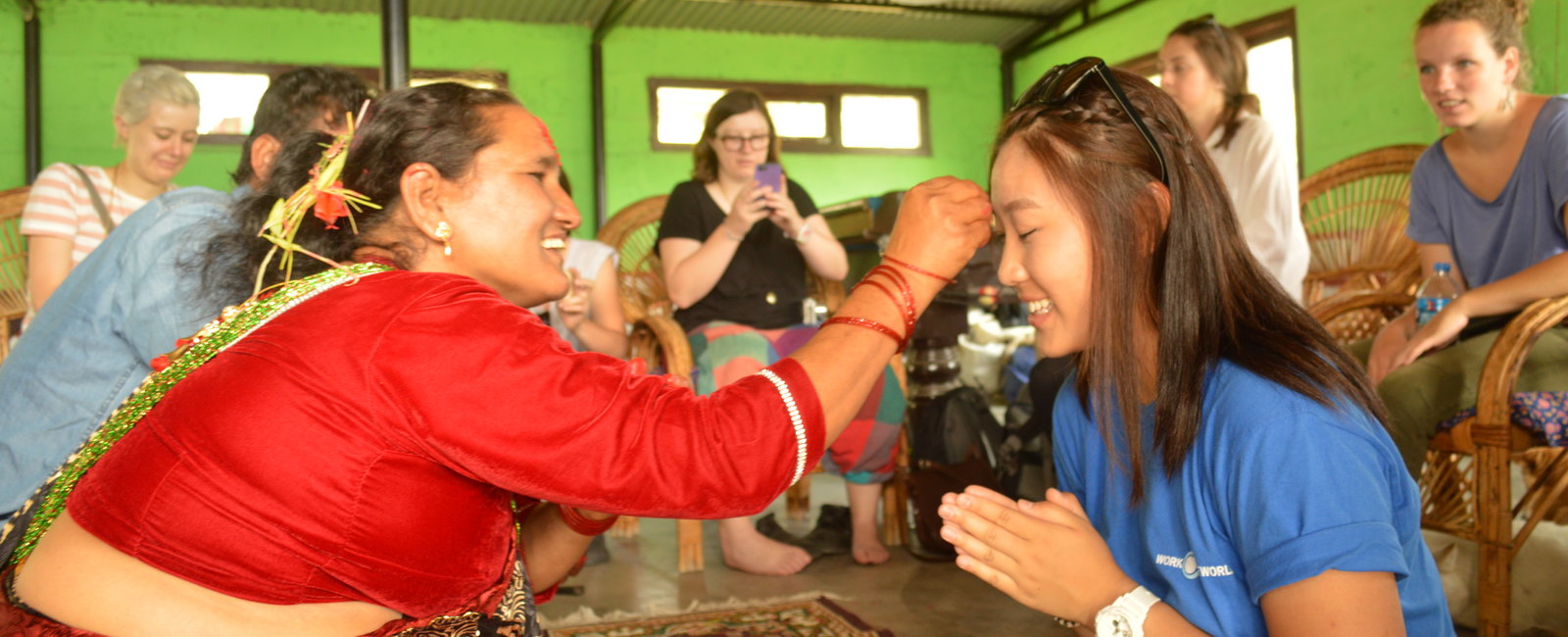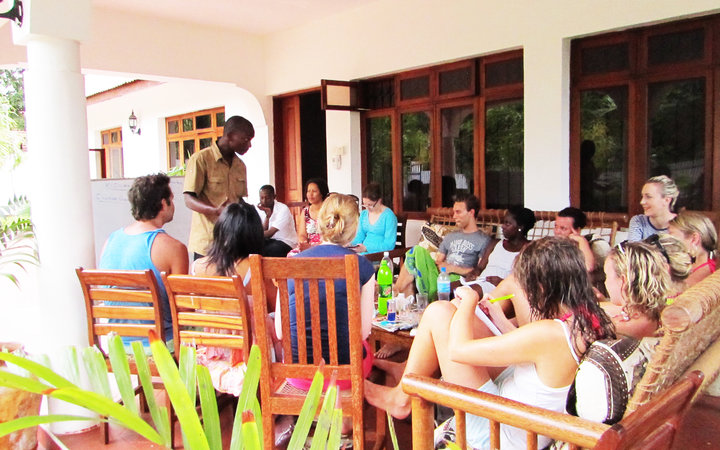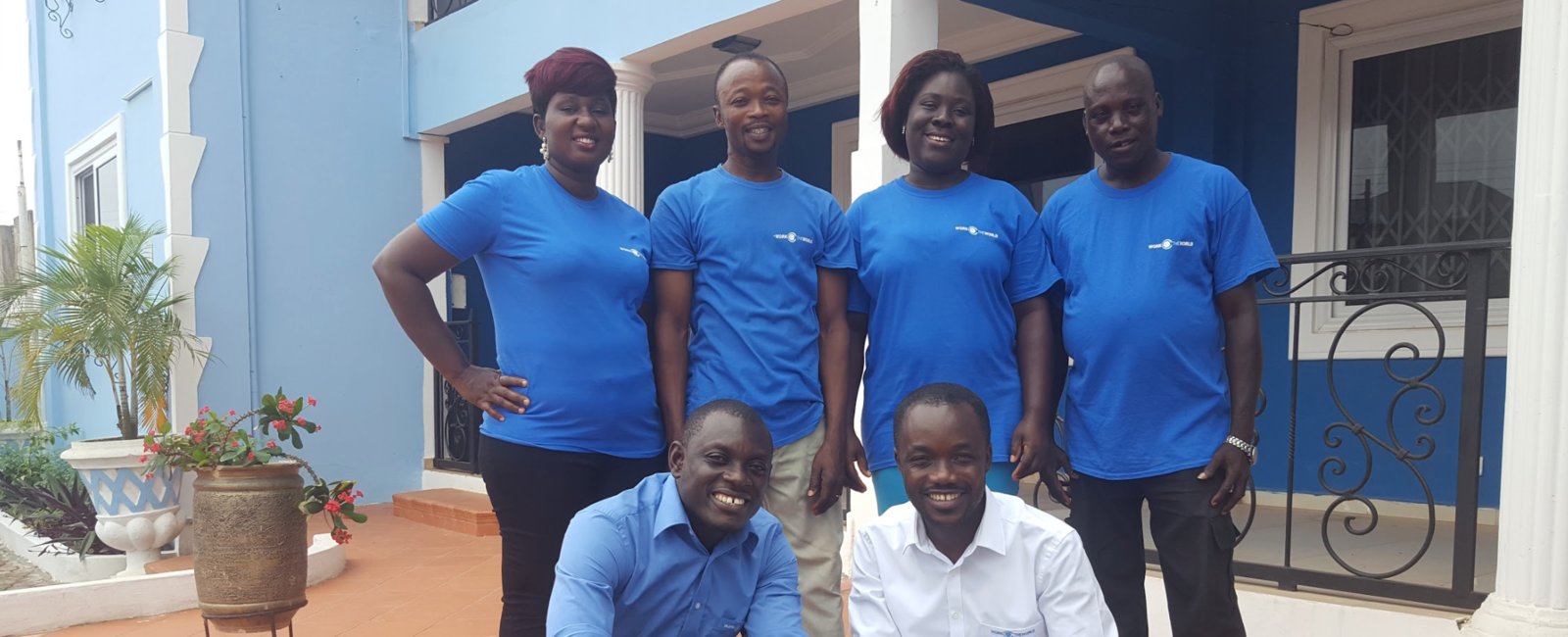The importance of communication
 Communication is a fundamental skill in healthcare. So it's natural that you'd have concerns about travelling to a country whose language you don't speak.
Communication is a fundamental skill in healthcare. So it's natural that you'd have concerns about travelling to a country whose language you don't speak.
You'll be pleased to learn that you don't need to worry — we'll support you every step of the way. Helping you to learn some of the local language is a part of how we help you prepare for your trip. You even get language lessons while you're in the country.
Scroll down to learn more about the kind of language support you get from us.
Language Guides
 Secure your place on one of our programs and, you’ll get instant access to our easy to study language guides.
Secure your place on one of our programs and, you’ll get instant access to our easy to study language guides.
The guides cover everything you need to know before you go, from everyday words and phrases to specific clinical terminology that will help you in the hospital.
They even come with subtitled training videos so you can study while you're on the go.
But what about when you get there?
Language teachers
 While you're living in the Work the World house, you and your housemates get language lessons twice each week.
While you're living in the Work the World house, you and your housemates get language lessons twice each week.
An experienced and friendly language teacher will visit you in the comfort of the house.
They will help strengthen what you learned from the language guides, and teach you new phrases and vocabulary to use while you're on placement.
They'll teach you about local customs and culture too, because understanding these will help you communicate.
Local, English-speaking Teams
 The whole time you're in the Work the World house, you'll have an experienced team running it for you.
The whole time you're in the Work the World house, you'll have an experienced team running it for you.
Why do we build teams from the local people? Because who better to help you integrate than people who understand local culture.
But the teams also speak English, so you get the best of both worlds.
From chatting about your day on placement, to giving recommendations of where to get the best coffee in town, your in-country team is happy to help.
Levels of English in the Hospital
 You might find that patients in your overseas placement hospital don't speak much English, depending on which destination you choose. But that won't matter if you make the effort to learn even a little bit of the local language.
You might find that patients in your overseas placement hospital don't speak much English, depending on which destination you choose. But that won't matter if you make the effort to learn even a little bit of the local language.
Learning some words and phrases in the local language also shows that you’re committed to your placement. Even if you make mistakes, hospital staff will give you a lot of respect just for trying. The patients will feel more comfortable too.
It's also worth noting that your in-hospital supervisors will speak English, as will some other members of hospital staff.
Your next step is choosing where you want to travel
Whether you want to relax on paradise beaches or go paragliding in the Himalayas, we have a destination for you.
Use the button below to explore your options and to learn more about the hospital experience.





